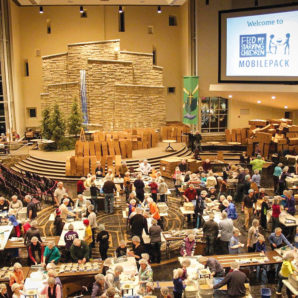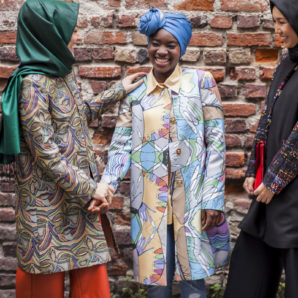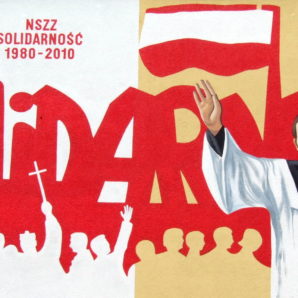
Is Prayer Proselytism? Examining the Ethics of Religious Practices in Transnational Faith-Based Organizations
Series: Prayer and Action
What constitutes proselytism (or “evangelism”) is contested and debated within and among faith-based organizations. For some, merely living as a “Christian” can constitute “witness” or “lifestyle evangelism.”
Read More →
What constitutes proselytism (or “evangelism”) is contested and debated within and among faith-based organizations. For some, merely living as a “Christian” can constitute “witness” or “lifestyle evangelism.”
Read More →

